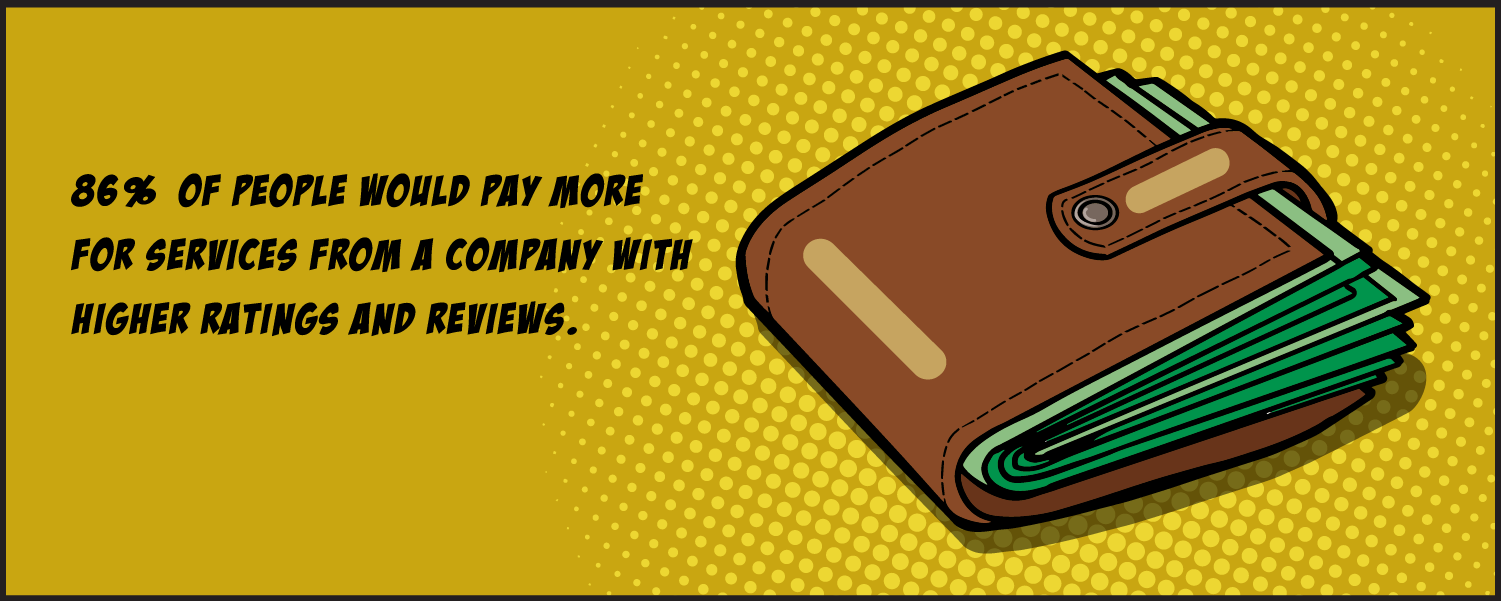Do You Need Reputation Management?

Reputation management is complicated. The name brings to mind the term “damage control” but that’s very rarely the case. There are many factors, online and off, that affect how viewers perceive you or your brand. Read on to discover when and why you might need to address your online reputation.
You Might Need Reputation Management If…
You want to develop a more professional internet presence.
When just starting out, the problem may not be that there are negative articles in the search results. There might not be any. Or maybe just a social media profile, or two. HR directors and investors love to Google candidates. Reputation management helps you cultivate and curate the results you want to come up.
You want to promote your expertise.
If searching yourself leads to your impressive race times and charitable donations that’s great. But if you’re trying to gain traction in a new field or connect your name to your brand, it’s important to show up in your area of expertise.
You change jobs or industries.
When you make a move in your career you may want to see a pivot in the type of results searching your name returns. Take our friend, Gavin, who went from being a rock star to an attorney. While your case might not be as extreme, switching industries often requires reputation management. If you’ve spent 15 years in the classroom, teaching math and maintaining a classroom website but then develop your tomato sauce recipe and start a line of boutique pasta sauces, all those math-related results won’t help. You’ve gotta get the sauce front and center!
It’s time to rebrand your business.
If your business has changed directions, its lexicon, philosophy or focus reputation management can help focus results toward your new look and feel.
You want to take the spotlight off legal issues.
If you’ve been sued, even as one of many defendants in a case that you’re only part of because you purchased a product or live in a particular community, the natural reaction of most people is to immediately feel distrust. Managing your reputation regularly with optimized content and good social helps keep your positive results in the spotlight, not a lawsuit that is out of your control.
Your content has been defaced.
Although not common, if you have been the victim of website defacement reputation management can help. An attack that changes the appearance or content of your website through a hack can lead to content you don’t want linked to your name.
You need to restore brand trust after negative reviews.
Every brand has its challenges. When you hit a low it’s important to make improvements. Part of this strategy should include reputation management to keep the focus on the good you’re doing instead of dwelling on past mistakes.
There’s false or misleading content about you online.
Unfortunately, a popular form of revenge is to take to the internet to bash someone. If you have a brand, this can be destructive to far more than your ego. Reputation management helps curtail the effects of someone taking to the internet to go after you without merit.
You want to reduce the visibility of controversial content you posted in the past.
Many of us post comments on the internet or social media. We forget, though, that those comments are linked to our names. And while telling a friend her wedding picture is adorable or swooning over a puppy isn’t bad, there may be hot button issues that brought out another side of you that you don’t want showing up.
Online reputation management is probably the least understood parts of digital strategy. Did you know…

Click here for 49 more reputation management stats you need to know.
Applying Elbow Grease To Your Online Presence
The list above proves it: reputation management is a useful marketing tool no matter what your situation. Not sure whether or not your reputation needs a little sparkle? Google your name or your business’ name and see what comes up on the front page. If you’re not sure it reflects who you want to be contact us for a free reputation audit.
